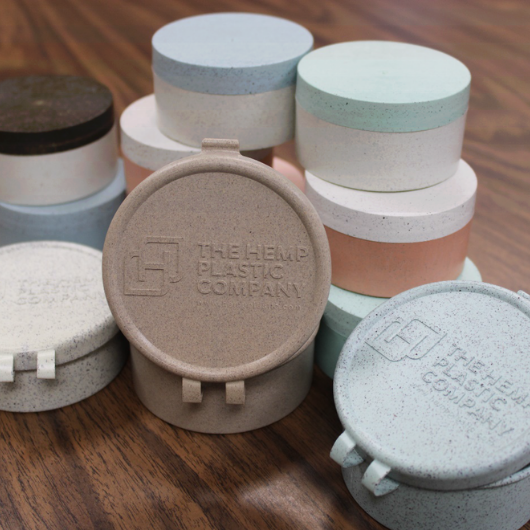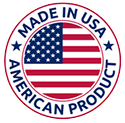Why Hemp Plastic?
The problem with traditional plastic and the Hemp Plastic solution
The Plastic Problem
Plastic – it’s a remarkable material that is relatively cheap to manufacture and can be used in thousands of applications. It’s in almost every part of our daily lives. Since its invention in the early 20th century, plastic has been the world’s cheap, easy-to-make material of choice.
While plastic has enabled us to reach horizons in everything from medicine and transportation to technology and fashion, it’s also left a much darker legacy. Humankind has made trillions of tons of plastic since its introduction, and today produces over 335 million metric tons of plastic each year.
Traditional fossil-fuel based plastic production emits massive levels of greenhouse gasses, and the material can take hundreds of years to break down. And when it does, it can leave trillions of plastic particles behind.
While recycling is often highlighted as a solution, it isn’t the whole solution. In the United States, only about 9% of plastic produced is recycled. If we want to preserve our planet for future generations, we also need to significantly reduce the amount of fossil-fuel-based plastic we produce and use.
Meanwhile, industrial hemp is considered one of Mother Nature’s greatest carbon absorbers and, when used in hemp plastic, it happens to work well for many applications. It’s also relatively easy to grow and is becoming far more plentiful globally. So why not use it to significantly reduce greenhouse gas emissions and plastics right away?
That's where we come in.
The Hemp Plastic Solution
Hemp plastic immediately and significantly reduces plastic use.
Our customers can achieve 25%-100% reduction in plastic use by switching to our more sustainable Hemp Plastics. This is extremely significant and immediately beneficial to the environment.
Hemp plastic can be biodegradable or compostable.
Our customers can choose hemp plastic that uses 100% bio-based resin, and many of our polymers can be biodegradable or compostable.
Hemp is a carbon-negative renewable resource.
Hemp production can be good for the planet.
In addition to being a “carbon negative” crop, hemp prevents soil erosion, can be cultivated over and over again on the same land and can even reduce water pollution.

JOIN THE HEMP PLASTIC REVOLUTION
Be green and competitive
If you’re interested in eco-friendly alternatives to traditional plastics, contact us today to learn more about our sustainable and cost-effective solutions.
